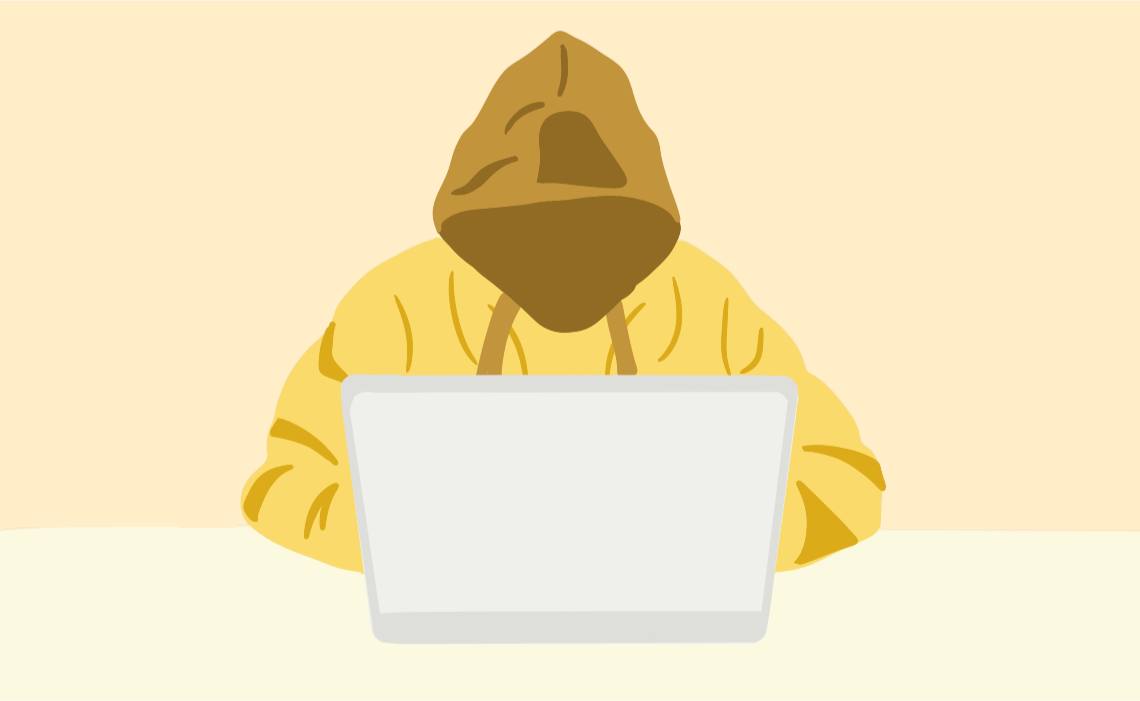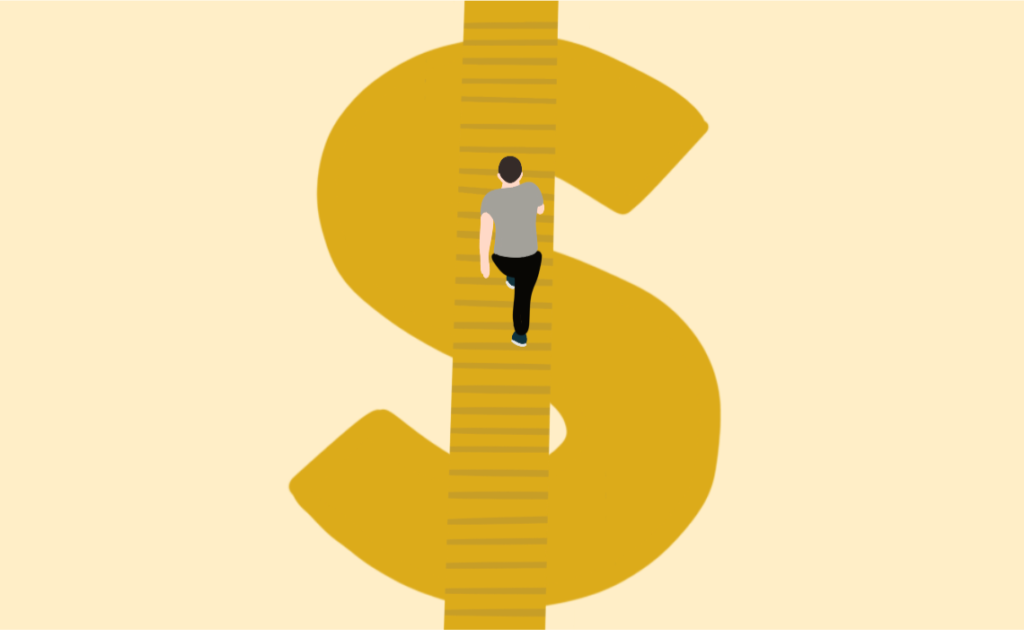COVID-19 Scams: Keep Your Guard Up Online

UPDATED April 2, 2020: Several new scams have been identified by Federal authorities that are tied to the recent passage of the economic stimulus package. Many of these scams are disguised as notices of eligibility or award. Others are offering pre-payment loan services in advance of a payment.
Often, cell phone text messages with links to sites are being aggressively used to attempt to steal banking information. All electronic and phone-based notifications relating to the economic stimulus package should be treated as fraudulent.
+ + +
The news surrounding the spread of COVID-19 evokes strong feelings which often result in action. Some people react with fear and look to prepare in order to safeguard their family. Others react with empathy and think “how can I help others in this time of need?”
Unfortunately, some see this as an opportunity to profit through online scams.
The barrier for entry into online fraud continues to drop. Common tools used by scammers such as fake documentary videos, fraudulent donation websites, and email phishing campaigns can be built in minutes. This has enabled online fraud to become very targeted towards current news headlines. Using these tools, scammers prey on consumers when they are most vulnerable. The current rash of COVID-19 related scams is a timely case in point. Some COVID-19 scams seen to date include:
- Attempts to capture personal data, including passwords, by entities posing as the World Health Organization (WHO) or CDC (Centers for Disease Control).
- Opportunities to invest in companies on the quest to develop a cure.
- E-mails with fake claims about local cases that include malicious attachments.
- Sales of non-existent treatments or supplies to combat the virus.
- Requests for donations to support victims or fund research to expedite a cure.
What can you do to protect yourself and your personal data?
- Never click on a link or download an attachment from unknown email, no matter how relevant the content may look.
- Keep the anti-virus / anti-malware software on your computer up to date.
- Turn on Multi-Factor Authentication (MFA) for your critical financial and personal accounts. Sites that use MFA require both a password and a secondary means of identification (such as a code sent by text message) before allowing entry. This means that even if your password is compromised your account cannot be accessed.
- Be leery of emails claiming to be sent directly from public health organizations like CDC or WHO. Instead, proactively seek out updates from these official public health resources directly from their websites.
- Take medical advice only from licensed healthcare professionals, not from ads received in your inbox or via social media.
- If you wish to make a charitable donation related to a public health need, do so directly through the official websites of nationally recognized, audited non-profit organizations.
- Do not make a donation over the phone when solicited through phone dialing campaigns (even if they offer a callback number). Reputable organizations will never pressure donors to send money rapidly by cash, gift card or money wire.
COVID-19 is being used to scam consumers today, but tomorrow it could be Social Security benefits or any other headline of the day. By remaining vigilant and implementing the practices listed above, you can minimize the risk of becoming a victim.


